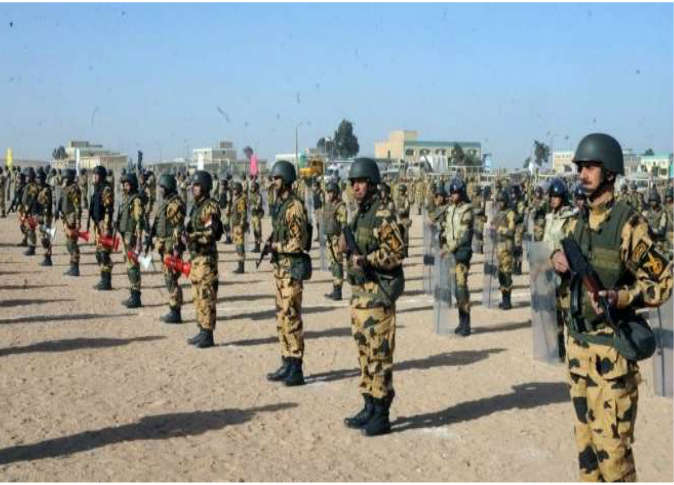Intellectuals at a symposium Friday night stressed the need to build Egypt's future on strong democratic and national foundations. During the symposium, which took place at the El-Sennary House in Cairo, participants warned that both secular and religious governments could bring dictators to power.
They discussed the Al-Azhar Document, a set of recommendations issued last week by Al-Azhar, Egypt's most prominent Islamic institution, and said it upholds the value of a national state based on democratic principles.
Participants said that the document restores Al-Azhar's historical independence. The institution was under the control of the former regime for the past three decades.
Some participants criticized the document, however, for containing an article that permits the unrestricted practice of religious rites.
Salah Fadl, a critic and one of the thinkers who prepared the Al-Azhar Document, said that it confirms Al-Azhar's respect for values and ideals. The institution has been regarded as a symbol of enlightenment and moderate Islam throughout history, he said, and the document will help it regain its former prominence.
He said that the document, which has won a near consensus among people and intellectuals, is the only document to have received such a favorable response. Fadl said the document calls for the independence of Al-Azhar and the restoration of the Supreme Clerics Council.
Mohamed Kamal al-Din Imam, also involved in preparing the document, expressed his delight with intellectuals' responses and their keenness on maintaining Al-Azhar's important role in Islamic affairs. He added that because the document is primarily cultural and intellectual rather than doctrinal, it was not submitted to the Islamic Research Academy.
Columnist Helmy al-Nemnim, who also participated in drafting the document, said it is not binding and only reflects the opinion of those who prepared it. He said Egypt's cabinet may use it as a reference, especially since 18 political parties will announce their support of it.
He said Egypt should not be a secular state ruled by a dictator as in Libya, Iraq and Syria, or an oppressive religious state such as Iran. Nemnim concluded that the solution lies in the creation of "a democratic state that does not allow the creation of a dictator," and that the Al-Azhar Document reflects moderate Islam adopted by both Al-Azhar and ordinary Egyptians.
Among those who participated in the symposium were former Muslim Brotherhood leader and presidential candidates Abdel Moneim Abouel Fotouh, Professor Mohamed Aboul Ghar, and Professor Hossam Eissa.
Translated from the Arabic Edition




